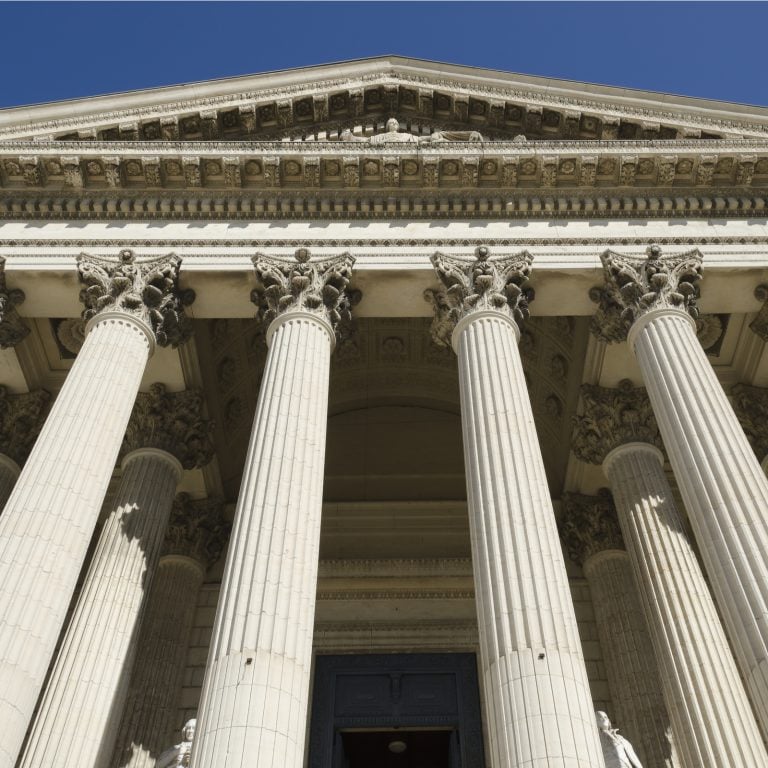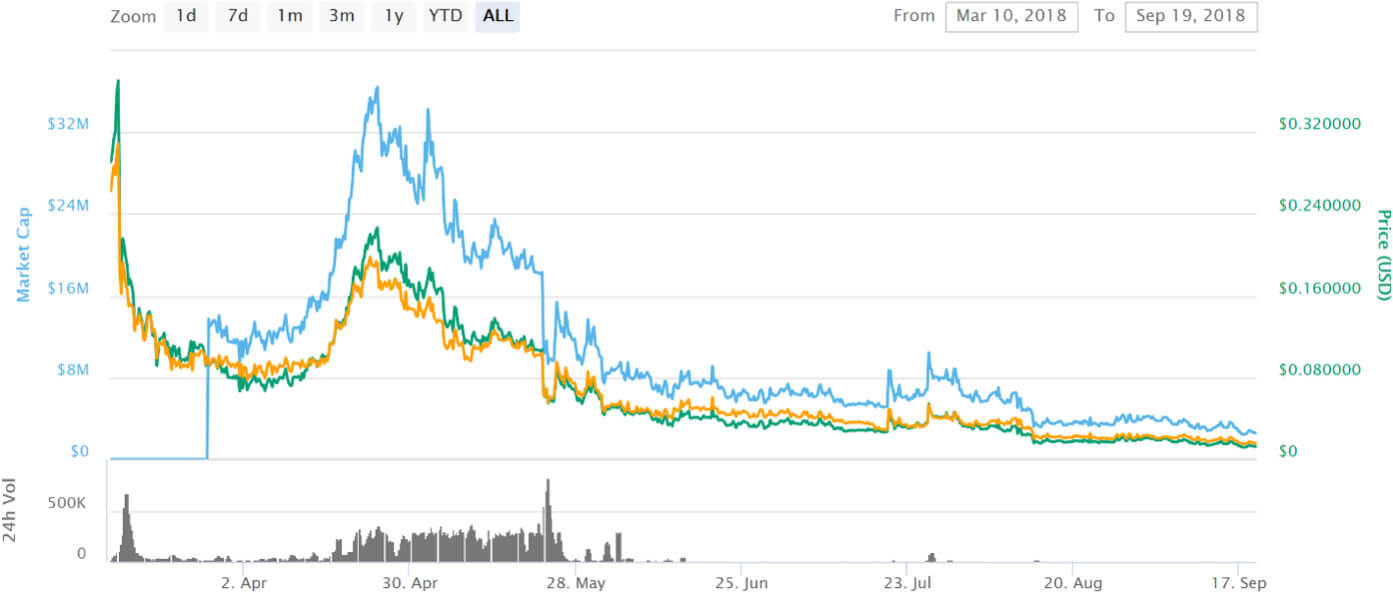2018-11-26 05:12 |
Are The Recent Rulings Of The SEC About The ICOs They Are Restricting, Or Something Bigger?
The U.S. Securities and Exchange Commission has been diving deep into the way that initial coin offerings (ICOs) work, and there’s no bigger sign of this than some of their recent settlements. Some of the ICOs are being forced to return their security funding to the investors, defeating the purpose of crowdfunding at all. However, according to a recent article in the Institutional Crypto by CoinDesk newsletter, the actual target is more about exchanges than the ICOs.
The recent lawsuit of the SEC seemed to be more of a statement than anything else. ICOs have largely been successful for cryptocurrency startups because it allots them funding to build up their platform and other projects before launching. With recent regulations, few countries have touched on this area of the market, but two ICO issuers got in hot water with the SEC when they failed to register tokens as securities.
The issuers, Airfox and Paragon, had no fraudulent activity or other worrisome actions. Their lawsuit was simply in violation of registration policies. Much of the market took this gesture as a sign that ICOs were no longer going to be a viable option to startups, which the newsletter called a “characteristic overreaction.” Instead, they think the only change this signified is that it would filter out the lack of serious projects, which could help with the rampant scams that use ICOs for theft.
As the newsletter puts it, “A new phase, a more realistic and constructive one, is just beginning.” Right now, there is a “plain English” guide in the works that will outline what qualifies a token as a security, according to a director from the SEC. However, no matter how the analysts in the market have been seeking out any kind of proof of this type of ruling in the official statement, there has been no success. One of the issues that seems to arise is that the ruling isn’t solely about the ICOs, but about exchanges as well. The writer involved with the newsletter believes that this will cause a major, albeit short-term, impact.
The SEC announced their settlement with EtherDelta’s founder. He was alleged to be breaking securities laws knowingly, avoiding the registration of his platform without exemption. This was the first time that a token exchange was sought after for not registering. To clarify in the statement, the SEC narrows down what is considered an exchange, and what situations would necessitate a registration.
The New York State Office of the Attorney General (OAG) hinted at what is to come with these types of guidelines in a report published a few months ago. Specifically, it says, “Virtual asset trading platforms now in operation have not registered under state or federal securities or commodities laws.” These two entities are immensely different, but they both aim to protect investors in the market.
Further in the report, the OAG eludes to dangers that digital asset platforms can have for their investors. The traditional exchanges interact with the public through a broker-dealer, while crypto platforms often act as the trading venue and broker-dealer. This could support why regulators also want to examine how brokers influence the industry.
In the case of EtherDelta, there’s another important factor to consider – the settlement did not tie to EtherDelta directly. Instead, the SEC went after the founder, even though the business was sold in 2017. Going forward, seeing how the SEC seeks justice with trading platforms directly will make a difference in how the entity deals with these issues going forward. Even though so much attention seems to be going to the ICOs, this change seems to be more dramatic than anything else.
Exchange registration will make a big difference in the economic and will change many business models. There will be new costs and paperwork to consider, especially when it comes to compliance. However, as the newsletter concludes,
“Greater oversight over the middlemen will lead to the construction of a stronger infrastructure, that can work with regulators and institutions to bring increasing clarity and investment to the asset class.”
origin »Bitcoin price in Telegram @btc_price_every_hour
ICOS (ICOS) на Currencies.ru
|
|























